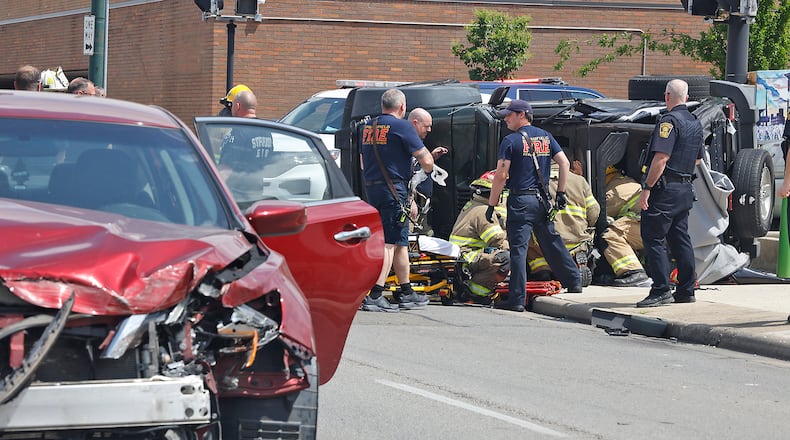In normal times, it is common for media and some interested members of the public to listen to police and fire communication channels via scanners to be aware of incidents in the community. There are multiple social media pages in the region dedicated to crime updates, many of them including near-live updates from people listening to scanners.
The city said the change is in compliance with data protections standards and prevents misuse by the public, according to the release.
“The city of Springfield strives to maintain an open dialogue with our community. Encrypting these channels is not about withholding information but about safeguarding the integrity of our operations and ensuring that our first responders can perform their duties without the added risk of public interference,” a city statement reads. “The safety of our residents is our highest priority, and these enhancements will contribute to a more secure and effective emergency response system.”
Secure communications allow “responders to coordinate more effectively and discuss sensitive details without the risk of accidental release of personally identifiable information,” according to the city, which said this allows better decision-making and quicker and safer resource deployment in “dynamic incidents” like active shooter events or hazardous materials situations.
City officials said open channels “can be exploited” by those who might try to interfere with emergency response or mislead the public with incomplete information, like hobbyists, civilians or “malicious actors,” according to the release.
Springfield first responders have for the last few weeks responded more often to calls like persistent bomb threats to schools, hospitals, businesses and government facilities. These came after the city was thrust into the national spotlight when a claim went viral that Haitian immigrants — of whom 12,000 to 15,000 live in the Springfield area — were eating people’s pets. Law enforcement and city officials have said there is zero evidence to back these claims.
Encrypted channels put the city in compliance with modern privacy regulations and cybersecurity standards, according to a city statement, as it “protects both operational details and any sensitive personal information shared during emergency responses.”
About the Author


